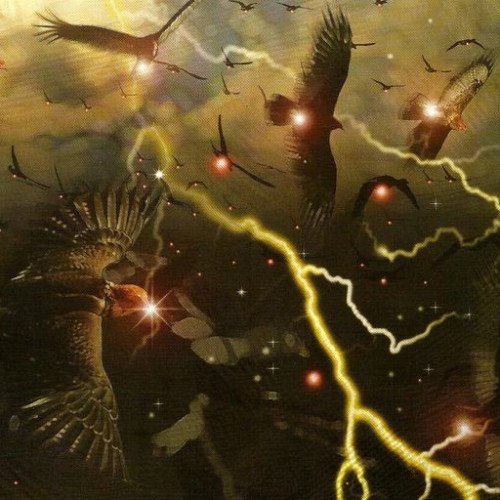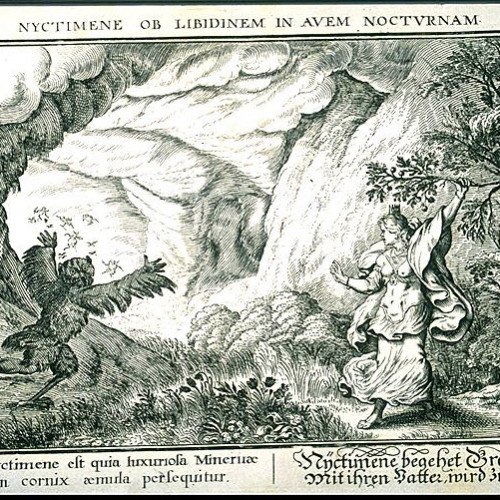Ababil (mythology) VS Nyctimene (mythology)

Ababil (mythology)
Ababil (Arabic: أبابيل, romanized: abābīl) means a flock of birds. It refers to the miraculous birds in Islamic belief mentioned in Sura 105 of the Quran that protected the Kaaba in Mecca from the Aksumite elephant army of Abraha, then self-styled governor of Himyar, by dropping small clay stones on them as they approached. In the translation of sahih international, the phrase "tayran abābīl(a)"(طَيْرًا أَبَابِيلَ) is translated as "Birds in flocks" that is mentioned in the verse 105:3. The event is said to have occurred in 570, the year that the Islamic prophet Muhammad was born.
Statistics for this Xoptio

Nyctimene (mythology)
Nyctimene was, according to Roman mythology, the daughter of Epopeus, a king of Lesbos. In some versions of the story she was raped by their father, while in others she was seduced seduced. Out of shame or guilt, she fled to the forest and refused to show her face in daylight. Taking pity on her, Minerva transformed her into the nocturnal owl which, in time, became a widespread symbol of the goddess. In Ovid's Metamorphoses, the transformation was a punishment for an unspecified crime.In Metamorphoses, Cornix (the crow) complains that her place as Minerva's sacred bird is being usurped by Nyctimene, who is so ashamed of herself that she will not be seen by daylight.Her name has been given to a genus of bats and an asteroid.